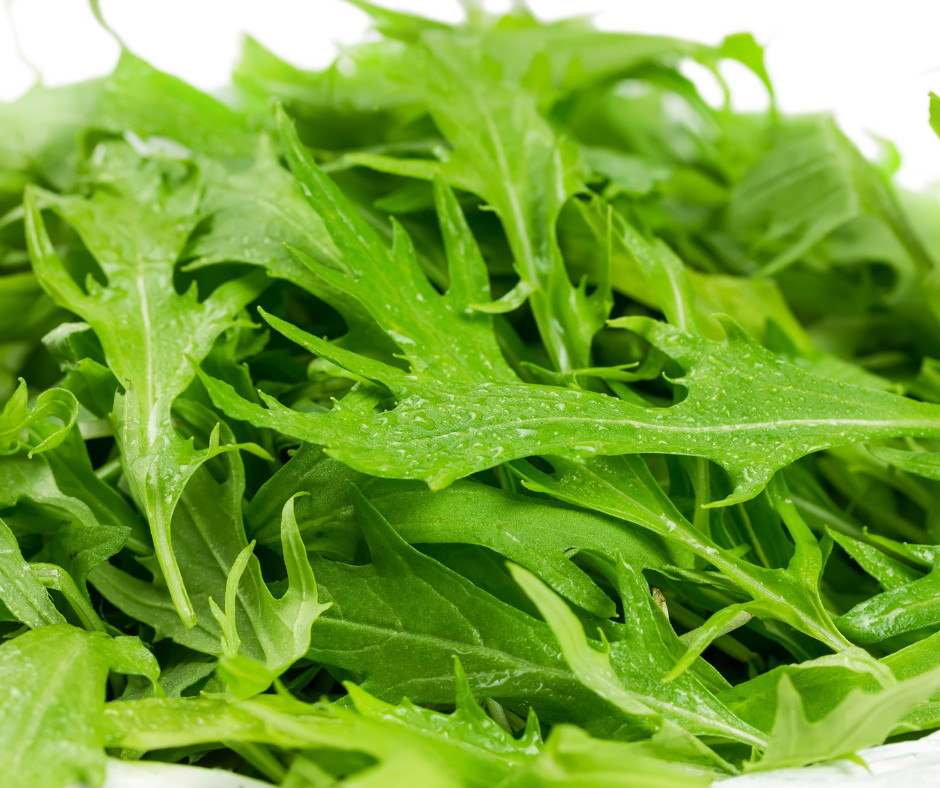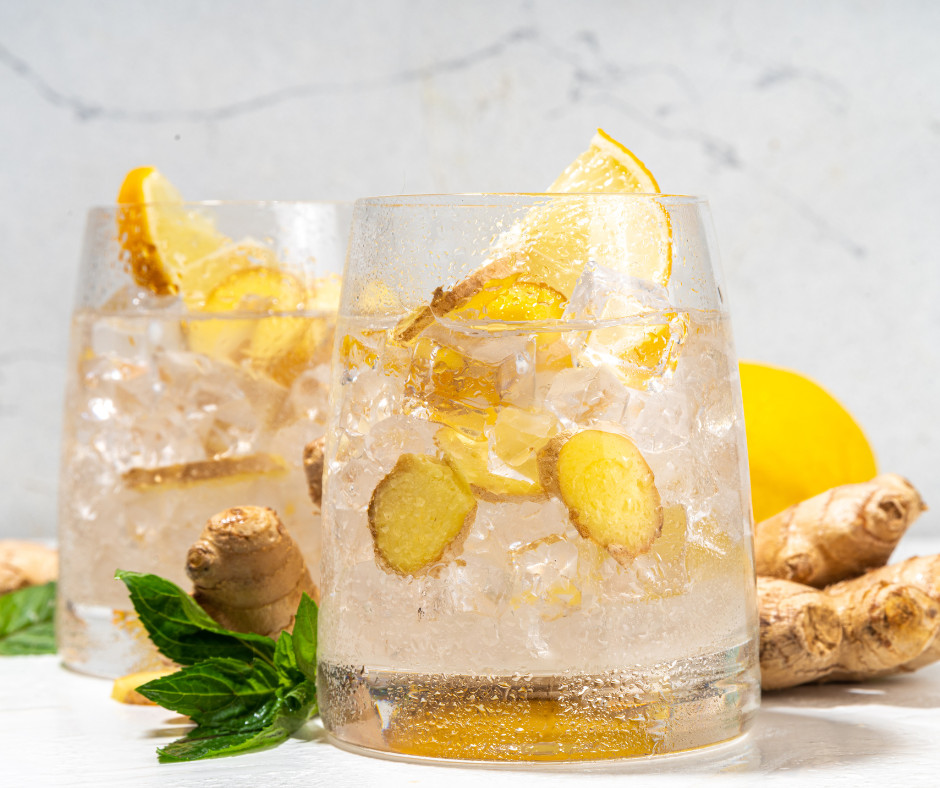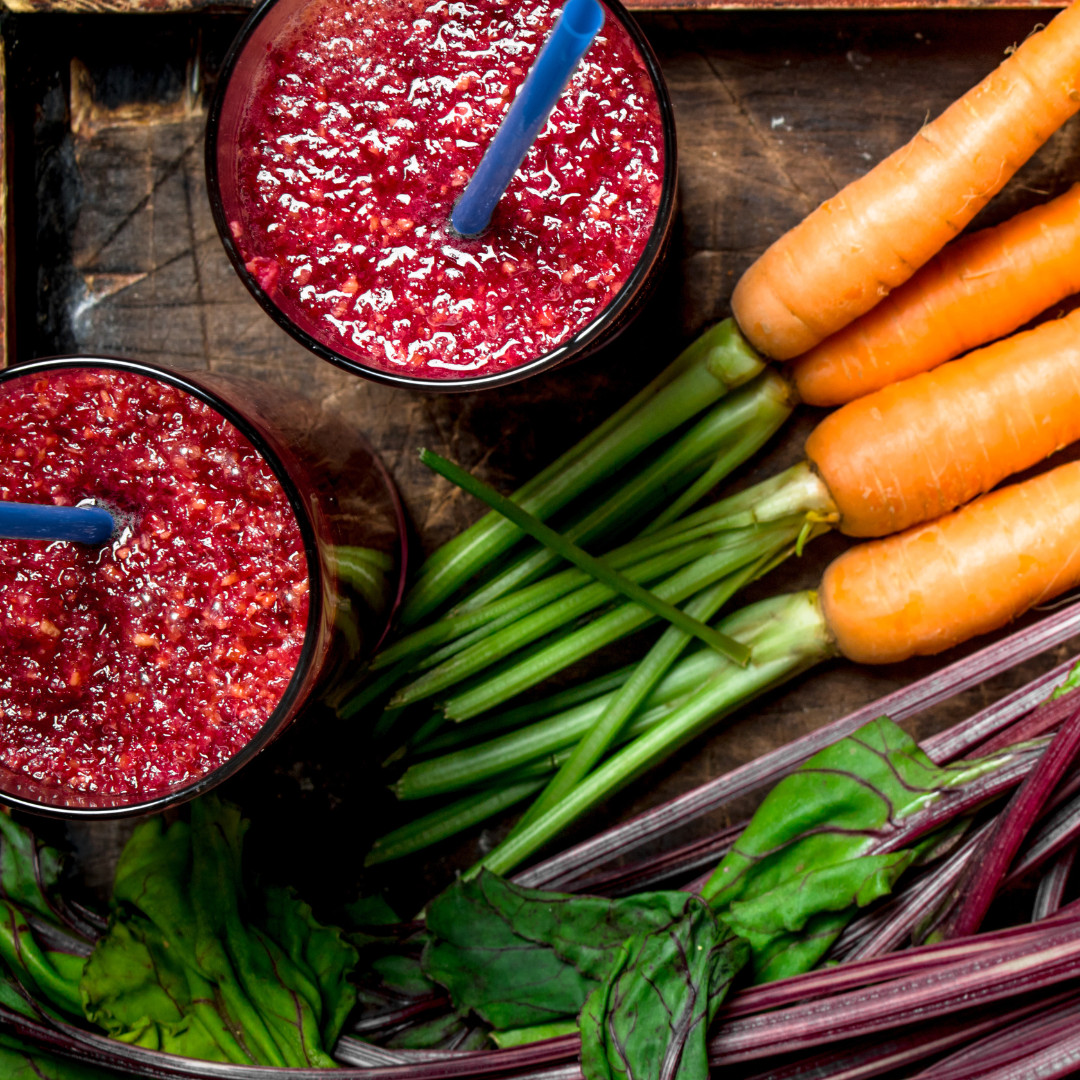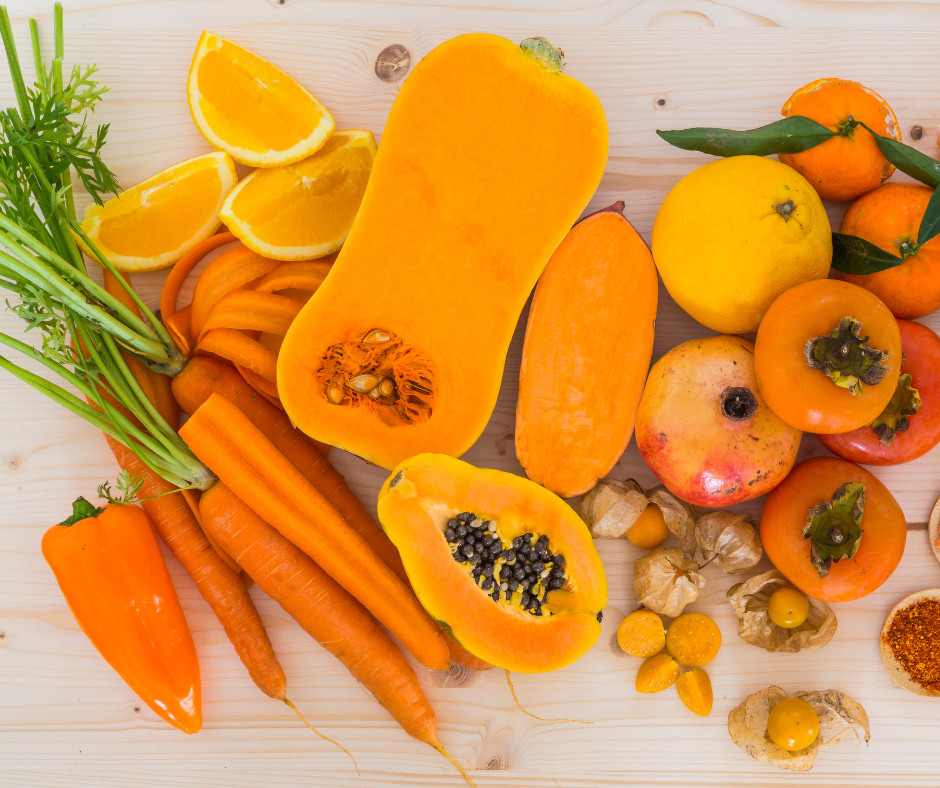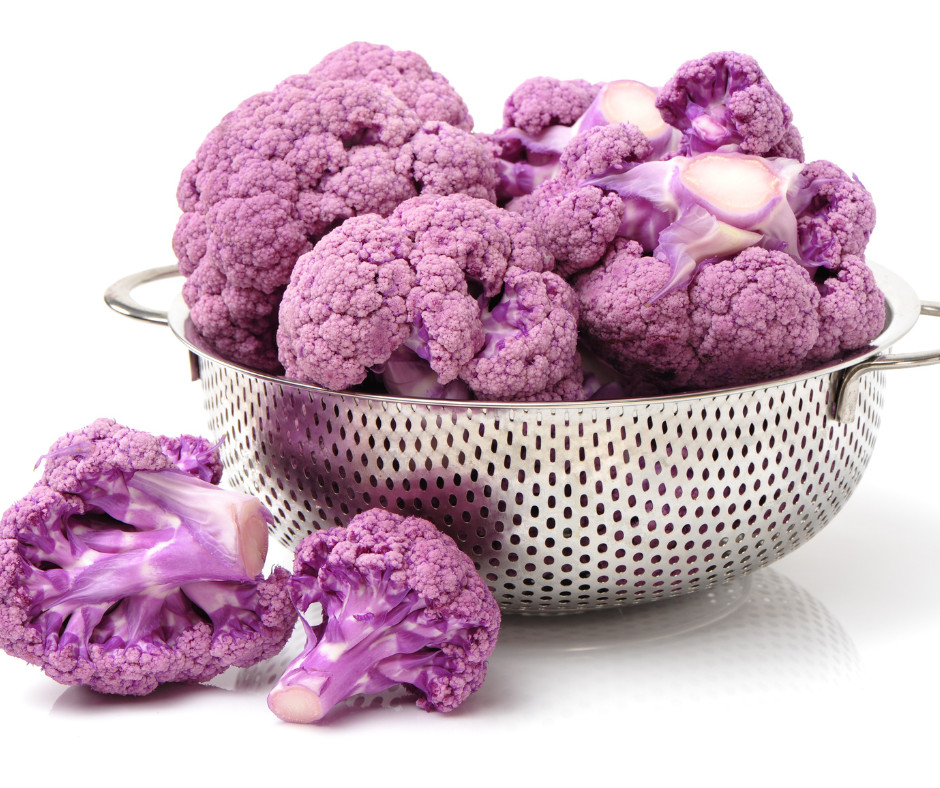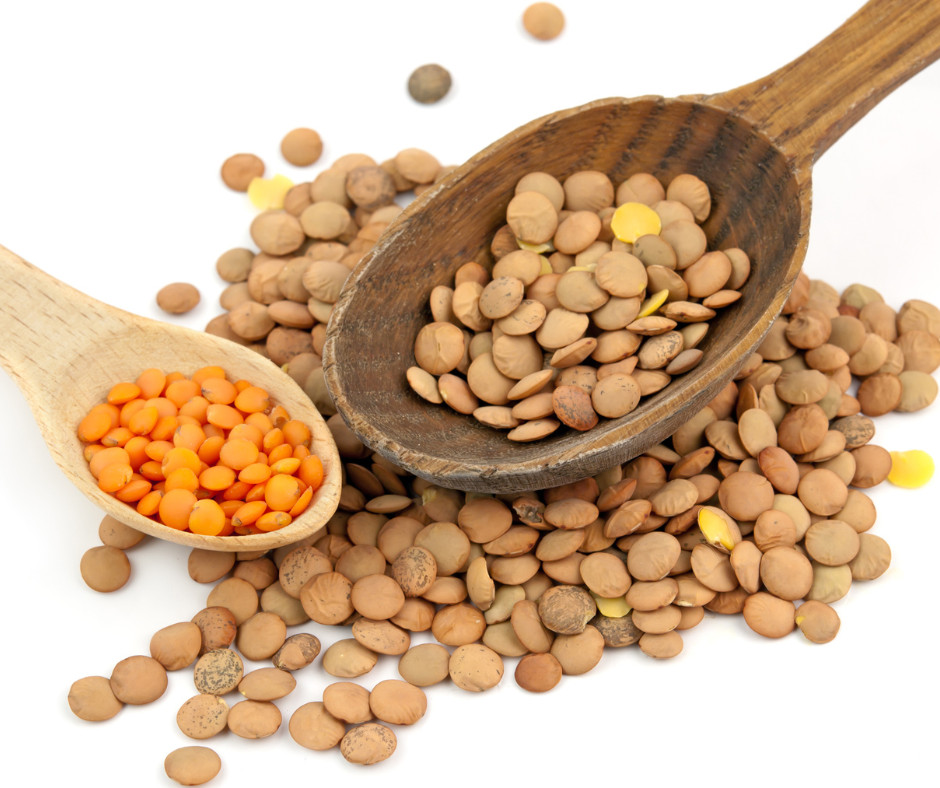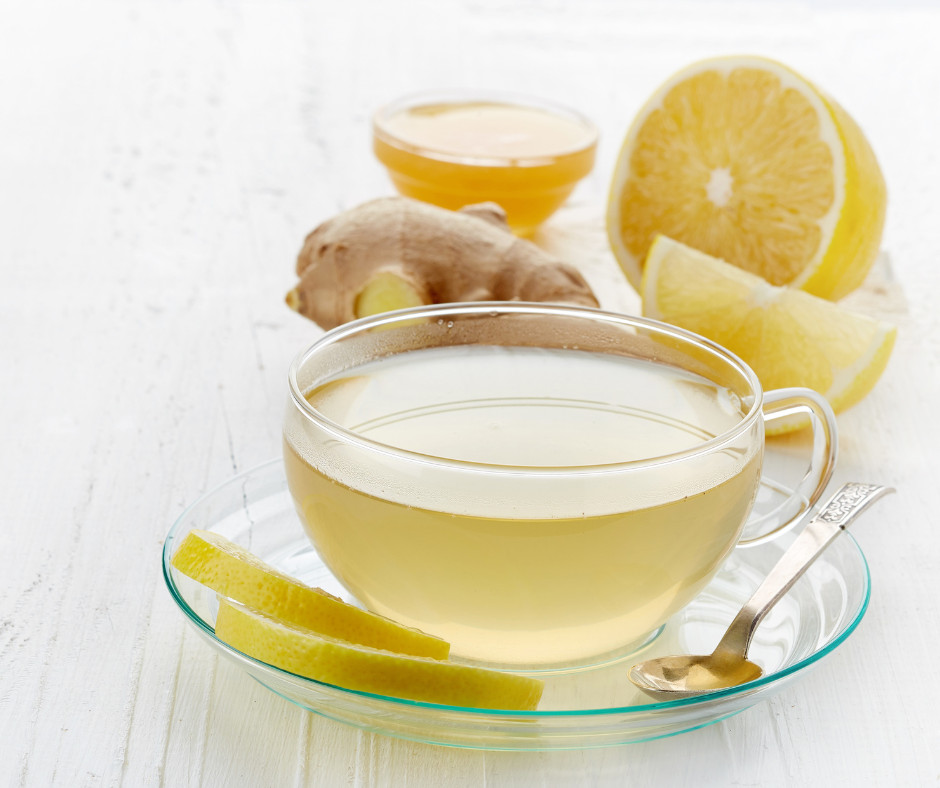
Everyone is in the process of growing and losing hair. Even the fullest head of hair loses anywhere from 50-150 hairs a day. You might think that losing so many hairs would make your hair look thinner, but this is a normal process. As long as hair regrowth and hair loss are in balance, it isn’t a problem. If you don't have an underlying health issue, and genetics aren't a factor, you may be able to influence the quality and amount of your hair. Here are some things you can do to have healthy hair.
Balance Hormones
Hormones play a major role in hair growth. When hormones are off balance, your hair may be dry and thinning. One of the key hormones for hair growth is estrogen. Optimal levels of estrogen help you grow full thick hair, while low estrogen levels tends to result in slowed hair growth. There are some simple things you can do to help balance your hormones. One way is to make sure you have good elimination because this is how your body gets rid of excess hormones. So make sure you are eating plenty of fiber and you are staying hydrated by drinking plenty of water.
Your liver is also involved in balancing your hormones. The liver takes toxins and hormones and breaks them down into water soluble byproducts so they can be moved into your intestine. You can support your liver by eating cruciferous vegetables (kale, broccoli, collard greens) and drinking water with lemon in it Herbs and teas like milk thistle, dandelion root, and burdock root also help to support the liver.
Quality Sleep
Quality sleep is important for cellular regeneration and repair including your hair cells. If you experience changing sleep patterns or overall poor quality sleep, then you will probably notice it affecting your hair color and strength. Inadequate amounts of sleep cause disturbances in hormone levels, and can weaken the immune system. Poor sleep can also result in vitamin and mineral deficiencies required for maintaining healthy hair. Here are some tips for getting a good night sleep.
Healthy Fats
Healthy fat sources are extremely important for producing proper hormones and are critical for healthy hair and skin. Good fats result in moisture in the skin and hair that helps maintain shine. In addition, some vitamins are best absorbed by the body with dietary fat, These include vitamins A, D, E and K. Good fats come from things like organic butter, coconut oil, olive oil, eggs avocado, and wild caught salmon. Conversely, unhealthy fats disrupt hormone balance and cause inflammation. Unhealthy fats include canola, sunflower, corn, soy, safflower, cotton seed, and peanut oils. These are the fats most often used in processed foods because they are inexpensive.
Stress
Short term stressors will not cause your hair to fall out but long term chronic stress can. Stress influences hair health by causing vitamin and mineral deficiencies. Learning to manage stress in your life, along with eating a healthy diet, can stop and reverse your hair problems. In addition, there are herbs that can help your body re-balance from excess stress. These herbs are knows as adaptogens, and include certain mushrooms, ashwagandha, holy basil, rohdiola, and panax ginseng.
Key Nutrients
Many nutrients are required for the optimal health of your hair. Any vitamin deficiency can result in hair loss and reduced strength and shine. For example, a lack of vitamin B12 in your diet may cause premature graying while a vitamin C deficiency can leave your hair dry and dull. Other vitamins including A, B, C, D and E, as well as minerals, such as magnesium, iron, copper, selenium and zinc are also vital to hair health. You should be able to get enough of these vitamins and minerals by consuming a quality diet rich in a variety of colorful fruits, vegetables, and herbs.
Keratin is a protein that makes up your hair. This means that protein is an essential part of your hair and you must get enough in your diet to have healthy hair. Poor protein intake can cause brittle hair that is hard to grow. There are plant based protein options if you are vegetarian. Wild-caught fish and pasture-raised animal products are a great source of healthy fats and proteins if you are a meat eater.
Did this help you? If so, I'd greatly appreciate it if you commented and/or share it on social media.

Email: sharonledwards@hotmail.com
Facebook: https://www.facebook.com/sharonledwardsbiz/

Lack of energy is a common concern. If you don't have an underlying health condition, one of the best things you can do to improve your energy level is to feed your mitochondria. Your mitochondria are the powerhouse of your cells. They are largely responsible for turning the food you eat into a form your cells can use. Your cells have differing numbers of mitochondria based on their particular energy needs. Cells that require a lot of energy to function need more mitochondria. Here are some things you can do to improve your energy level naturally by supporting healthy mitochondria.
Healthy Diet
Eating a diet high in refined sugars and processed foods, can lead to inflammation and mitochondrial problems. Switching to a healthy diet can improve your mitochondrial function and reduce your risk of health problems. Make sure to eat plenty of vegetables, herbs, and fruits that are rich in antioxidants, vitamins, and minerals. Fill up on healthy fats, such as avocados, coconut oil, grass-fed butter and organic pasture-raised eggs. Healthy meats include grass-fed beef, wild-caught salmon, pasture-raised poultry and wild game.
Regular Exercise
Regular exercise can improve the health of your mitochondria. It also helps maintain muscle tone, improve sleep, boost the immune system, improve cognitive abilities, and increase your lifespan. The more oxygen that gets to muscle cells, and the more quickly this happens, the faster and more efficiently the mitochondria can produce energy This is why aerobic exercise it so beneficial. It can aid mitochondrial repair and promote the balance of mitochondrial cells. Any physical activity that gets the heart rate up, and the blood flowing, is going to cause your body to release endorphins and will improve your energy level.
Good Sleep
To improve your mitochondrial function, make sure to sleep 7 to 8 hours per night regularly. Developing a regular sleep/wake schedule and a relaxing night-time routine can help you fall asleep quickly and to obtain quality sleep throughout the night. You can read more about getting a good night sleep here.
Reducing stress is also important for keeping your mitochondria healthy. Regular meditation, breathing exercises, and mindset strategies can help you respond to stress better. Doing things that make you happy like reading, coloring, yoga, exercise, and spending time in nature can also help you lower your stress levels.
Detox and Cleanse
Inflammatory molecules released by your immune cells in response to toxins, strain your mitochondria. Unfortunately, our world, is full of toxins. They can be found in conventional cleaning, body, and beauty products. Consuming non-organic food may also increase your risk of chemical exposure because they can contain pesticides, artificial ingredients, additives, and GMOs. You may be exposed to toxic heavy metals from pesticides and dental amalgam fillings with mercury. Being chronically dehydrated can also reduce mitochondria function. So can some of the contaminants that are found in typical tap water. If you're lucky, you may be able to find some good local spring water.
You can support your body's ability to detox by consuming lots of pure water and chemical free foods. Adding lemon/lime or apple cider vinegar to your water will enhance it's detoxifying effects. Adding detoxifying herbs to your meals, like parsley and dandelion, can help too. Drinking herbal teas that target detoxing is another great way to support your body. You can also choose to find a health practitioner that can guide you through a more extensive detox and cleanse by testing you for heavy metals and other toxins. They can then target a detox program specifically for you.
Supplements
If you aren't able to eat a well rounded diet of the healthy foods mentioned earlier, you may benefit from taking a supplement. The building blocks for healthy mitochondria include CoQ10, L-carnitine, B vitamins, magnesium, ALA, creatine, resveratrol, and D-Ribose. Making sure that you are getting a lot of high quality antioxidants is also important for mitochondria health. Some supplements that are high in antioxidants include turmeric, vitamin C, quercetin, lutein, and astaxanthin.
Did this help you? If so, I'd greatly appreciate it if you commented and/or share it on social media.

Email: sharonledwards@hotmail.com
Facebook: https://www.facebook.com/sharonledwardsbiz/
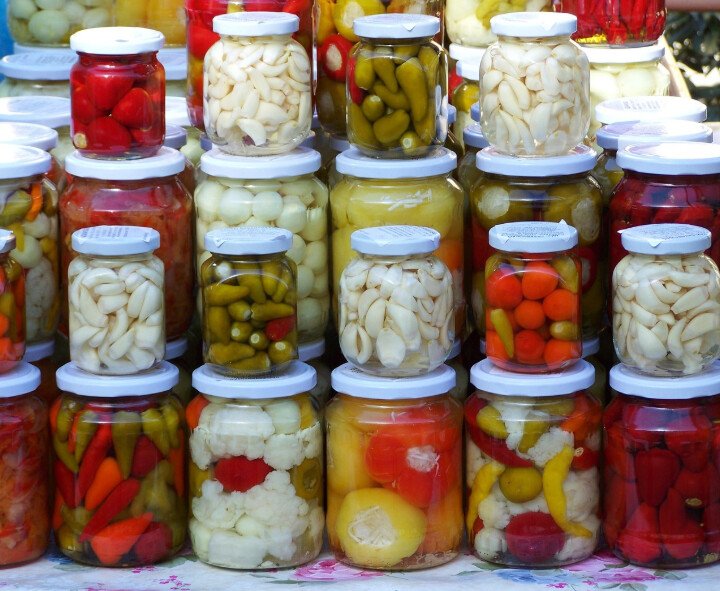
There are so many inexpensive ways you can support your health and well being by making things from scratch at home. Not only does it save you money, what you can make at home is better for you than commercially prepared versions. And you can customize it to fit your needs and preferences. Here are some examples of things you can make yourself that will boost your health.
Keifer Water
Keifer water is an effervescent, fruit-infused water, that you can make at home in about 3 days. It is full of probiotics which are good for the gut and can help clear the skin and energize the whole body. It is similar to kombucha in that it’s lightly fermented. It is made with live water kefir grains, which actually come from a cactus. You can use most types of fruit and even add other healthy ingredients like chia seeds. You can also add ginger, and other spice flavorings. To make it, you add sugar (or another type of sweetener), to water in a glass jar. Let it sit and ferment for 2 to 3 days, with a kitchen towel over the opening so it can breath. Don't worry about the sugar - the keifer grains metabolize the sugar. The resulting drink is only mildly sweet. Next, add the strained keifer water to a jar containing your fruit and spices. Let that sit, sealed, for another 24 hours. And there you have it, a healthy probiotic drink that you made yourself. You can learn more and buy water kefir grains at Yemoos.
Oat Milk
Oat milk is a vegan alternative to dairy milk that’s made by blending water and oats, and then straining out the liquid. So it's easy to make at home as long as you have cheese cloth or a milk bag for straining. It is rich in fiber and vitamins. The soluble fiber it contains is called beta-glucans and offers several heart benefits. Another benefit is that the beta-glucans forms a gel-like substance inside your gut that helps lower your blood cholesterol levels. Commercial oat milk often has a similar amount of vitamins and minerals as traditional cow's milk. That is because the FDA permits fortifying milk and non-dairy substitutes with vitamin D and vitamin A. But they can also contain other not so healthy ingredients such as oil, salt, and thickeners.
Sprouts
Growing your own sprouts is inexpensive and is a cost effective way to eat nutrition packed food. Seeds, beans, legumes, and grains can all be sprouted. The resulting food contains a significant amount of protein as well as higher concentrations of important vitamins and vital nutrients. Sprouts are also full of enzymes for digestive and metabolic processes. Most sprouts have a crunchy, even slightly sweet flavor. They are a great addition to salads, stir-fry meals, sandwiches, and more. Some of the most common sprouts are radish, broccoli, mung bean, chia seed, red clover, and lentil.
Fermented Vegetables
Fermenting vegetables is a method of food preservation that also enhances the nutrient content of the food. The fermentation process makes the minerals in the resulting cultured foods more readily available to your body. The bacteria that do the fermenting also produce vitamins and enzymes that are beneficial for your digestion. Almost any vegetable can be fermented and once done, they can be cold stored for year round use. Carrots, cabbage, radishes, and garlic cloves are great choices. To start the fermentation process, you'll need salt, salt and whey, or a starter culture. There are tons of recipes on the internet, so enjoy!
Infused Vinegar
Infusing vinegar is a fun and easy way make something healthy and tasty. It also makes a great gift when you use a nice glass jar. You can infuse almost anything into vinegar because it is so acidic. And it only takes a few weeks to end up with a strongly flavored vinegar. To make an infused vinegar, place the herbs, spices or fruit in a seal-able glass jar. Warm the vinegar on the stove (do not boil) and fill the jar to almost full. Let the vinegar sit for about two weeks out of direct sunlight and shake the vinegar every couple of days. After about 2 weeks, you can strain the herbs/spices/fruit out of the vinegar and you're ready to taste your creation.
Did this help you? If so, I'd greatly appreciate it if you commented and/or share it on social media.

Email: sharonledwards@hotmail.com
Facebook: https://www.facebook.com/sharonledwardsbiz/

Some people that are wearing masks are developing acne. This is caused by the moisture, oil, dirt and bacteria that builds up underneath the mask. The result can be breakouts around your nose, cheeks and chin. For some, stress is an additional factor that is causing breakouts on normally clear skin. Here are some things you can do to minimize the chances of "maskne".
Keep Your Face Clean
Be sure to wash your face before putting on a mask and after taking it off. This reduces the amount of bacteria that is on your sking and can cause breakouts. Choose a natural gentle cleanser that won't dry out or irritate your skin. One of the most important ingredients to avoid is SLS or sodium lauryl sulfate. It strips the skin of moisture which can serve as a natural barrier. The environmental working group (EWG) scores products based on the known toxicity of ingredients. You can see their list of facial cleansers here.
In addition, once a week, do an exfoliating treatment to remove dead skin cells and and associated bacteria. This will also help unclog the pores on your face. You can make your own using a gritty ingredient, like sea salt, brown sugar or ground oatmeal. You can simply mix a gritty ingredient with water or your favorite base such as jojoba oil or water. Gently massage your skin and then rinse and pat dry.
Moisturize
To prevent dryness and itchiness that sometimes happens when wearing a tight-fitted mask, use a moisturizer. That will create a physical barrier that can protect your skin from bacteria. Once again, make sure the product you use does not contain synthetic ingredients or fragrances. It's best to let the moisturizer soak into your skin for at least 15 minutes before putting on a mask so that there is a good safe seal between your skin and the mask.
Minimal Make-up
It's best to avoid using any type of colored foundation when wearing a mask. Foundations, bronzers, and blushes tend to clog pores and trap bacteria. It's also best not to wear lip gloss or anything that might stick to the mask.
Clean Your Mask
Bacteria can easily build-up in a mask that is reused. If you have a cloth mask, you can wash it or iron it daily to keep it clean and bacteria free. Make sure to store clean masks in a new paper bag to keep them germ free. If you use disposable masks, grab a new one daily. And make sure to clean anything else that touches your face daily as well. This would include glasses and phones.
Healthy Diet and Stay Hydrated
If you’re experiencing breakouts, even if it’s from mask-wearing, you can still benefit from eliminating the most common acne-promoting foods. The biggest problem foods include sugar, highly processed foods, fried foods, conventional dairy and alcoholic beverages.
Instead, make sure to eat plenty of anti-oxidant rich foods. Low glycemic foods such as berries, avocados & citrus fruits are excellent choices. Organic proteins like grass-fed beef, organic chicken and wild-caught salmon are healthy and nutrient dense. And foods high in fiber and vitamin A like spinach, kale, carrots and sweet potatoes are extremely beneficial.
Staying hydrated can also help and/or eliminate acne. Water improves the health and functioning of the digestive and lymphatic systems, which leads to the removal of toxins from the body. Water also helps to moisturize the skin from the inside out and helps prevent the accumulation of toxins beneath the skin.
Did this help you? If so, I'd greatly appreciate it if you commented and/or share it on social media.

Email: sharonledwards@hotmail.com
Facebook: https://www.facebook.com/sharonledwardsbiz/

Exposure to sun can be beneficial for your mind, body, and spirit. Your body produces vitamin D when the skin is exposed to the sun without sunscreen. When you sit in the sun without sunscreen for roughly 10 minutes, you can absorb about 10,000 units of natural vitamin D. This amount differs from person to person, depending on skin tone, location and time of year. It's thought that between 75 percent and 90 percent of adults in the U.S. may suffer from vitamin D deficiency. This can cause you not to feel your best. In the worst case scenario, it can serious health issues. The key is to get healthy sun exposure while avoiding a sun burn. Here are some healthy sun strategy tips.
Eat a Healthy Diet
Nutrients found in specific foods can help prevent sunburns. Vitamin C is known to act like a natural sunblock. Some foods rich in vitamin C are berries, kiwi, cherries, bell peppers and oranges. Beta-carotene is another phyto-nutrient that can help protect the skin from burning. It gives fruits and vegetables their orange pigment. Carrots, sweet potato, apricot and cantaloupe are classic examples. But beta-carotene can also be found in green vegetables like spinach, broccoli and peas. Lycopene is a powerful antioxidant that can also help prevent sun burn. It gives many fruits and vegetables their red color. So think tomatoes, watermelon, guava, grapefruit, and papaya. Eating a healthy diet rich in fruits and vegetables is wonderful for your overall health and a great healthy sun strategy.
Healthy Fats
Healthy omega-3 fatty acids can help prevent inflammation and play a role in shutting down any ongoing inflammatory processes. They can also help reduce the tendency to sunburn. If you want to experience the protective benefits of omega-3 for your skin, consuming fatty fish or taking a fish oil/cod liver oil supplements is the easiest way to get enough. At the same time, you want to avoid inflammatory omega-6 fatty acids found in processed and fried foods. Chia seed, Brussels sprouts and hemp seed are some plant based options for health omega-3 fatty acids.
Supplemental Vitamin D
Melanin is the dark skin pigment that you get when you tan. It is produced to shield the skin from further UV exposure by providing a type of barrier. When the body has enough vitamin D, it will start producing melanin to keep from getting too much. If you can't get enough vitamin D from the sun or through your diet, taking supplemental vitamin D may be necessary. This can help optimize your health and protect your skin from sun exposure when you do get a chance to get outside. If you're not sure if your vitamin D level is high enough, it's best to get tested.
Natural Sun Protection
If you're going to be out in the sun for an extended period of time, the best option is just to cover up or get in the shade if possible. If you can't get in the shade, wear protective clothing and a hat. And if that isn't feasible, you can find or make your own non-toxic sunscreen. The environmental working group scores ingredients found in house hold and personal care products based on a database of known concerns. You can see the rating of the most common sunscreen here on their site: EWG.org.
Too Much Sun
If, in spite of your best intentions, you end up getting too much sun, there are some great natural remedies. Aloe Vera is a well known solution for sunburns. You can buy a bottle of pure aloe vera or you can use a leaf of an aloe vera plant by splitting it open and applying the sap to your skin. Apple cider vinegar (ACV) will also soothe burnt skin. Dilute it in half with water and dab or spray the mixture on your skin. Or put a cup in the bath tub along with some pure organic food grade lavender essential oil for a soothing soak. Witch hazel and cooled black and/or green tea can also be used to reduce the inflammation that comes from too much sun.
Did this help you? If so, I'd greatly appreciate it if you commented and/or share it on social media.

Email: sharonledwards@hotmail.com
Facebook: https://www.facebook.com/sharonledwardsbiz/



